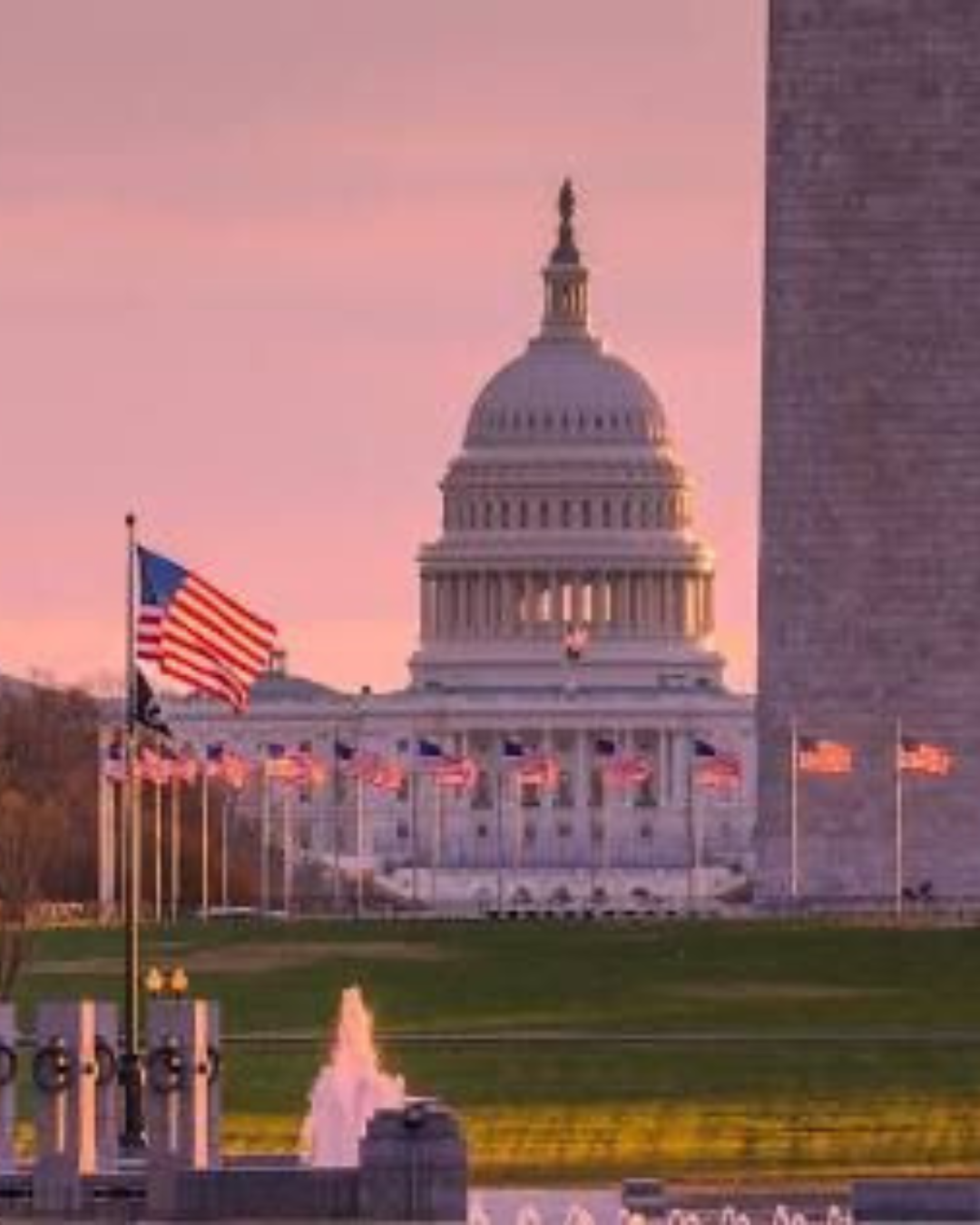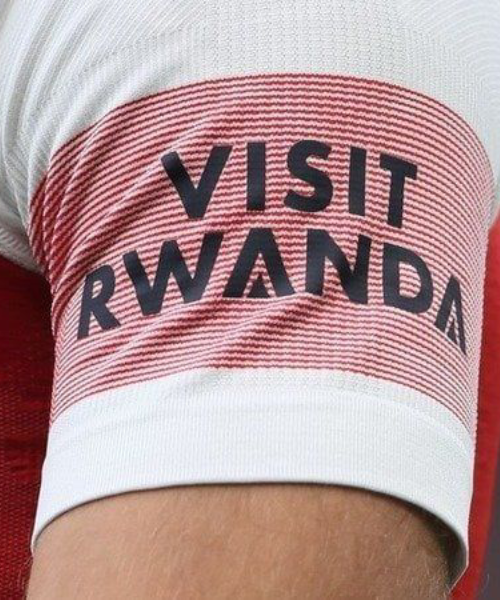GOMA, Democratic Republic of Congo — In a powerful and emotionally charged declaration, Corneille Nangaa, coordinator of the Alliance Fleuve Congo–M23 (AFC/M23), condemned recent military offensives in eastern Congo, accusing government forces and allied militias of targeting civilians and exacerbating an already dire humanitarian crisis.
“The AFC/M23 did not choose war,” Nangaa stated. “We denounce and condemn these deadly attacks, often directed at densely populated areas, leading to the massive displacement of an already vulnerable population.”
The statement, released Sunday, comes amid renewed clashes between AFC/M23 forces and a coalition of Congolese government troops (FARDC), FDLR fighters, and Burundian military units. According to Nangaa, these attacks have violated the spirit of multiple peace agreements signed earlier this year in Doha, Qatar.
A Call for Peace, A Warning of Resistance
Despite the escalating violence, Nangaa reaffirmed AFC/M23’s commitment to peace, referencing the Joint Communiqué signed in Doha on April 19, 2025, and the Declaration of Principles signed on July 29, 2025. He also voiced support for the Luanda-Nairobi peace process, led by the African Union in coordination with SADC and the East African Community.
Yet, the tone of the statement shifted sharply as Nangaa warned of the movement’s readiness to defend itself and the Congolese people:
“In the face of betrayal, contempt, and barbarity, we have the sacred duty to ensure legitimate defense… Ready politically, to carry the voice of peace; ready militarily, to repel barbarity; ready morally, to endure all the sacrifices necessary for the liberation of the Congolese people.”
Humanitarian Crisis Deepens
Independent reports from the region corroborate Nangaa’s claims of widespread displacement and civilian casualties. The situation has drawn concern from regional observers, though major international human rights organizations have yet to issue formal condemnations.
The AFC/M23’s renewed posture raises questions about the viability of the peace process and the role of external actors, including Rwanda, whose alleged involvement in the conflict has been the subject of recent UN investigations.
As tensions mount, Nangaa’s statement signals a pivotal moment in the conflict—one that could either reignite full-scale war or force renewed diplomatic engagement.











